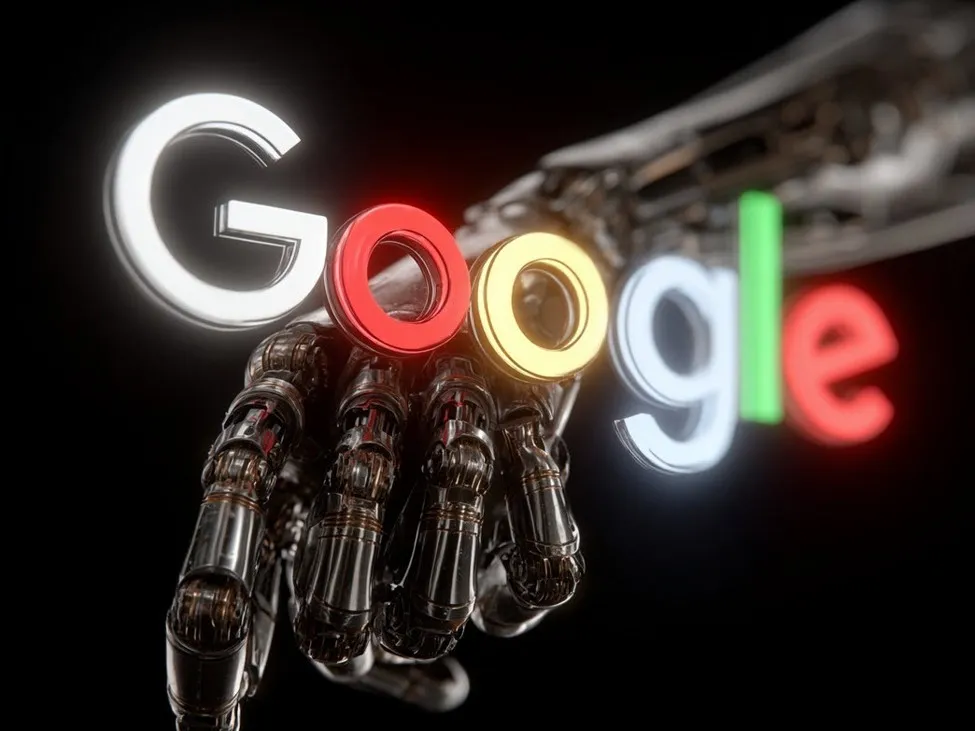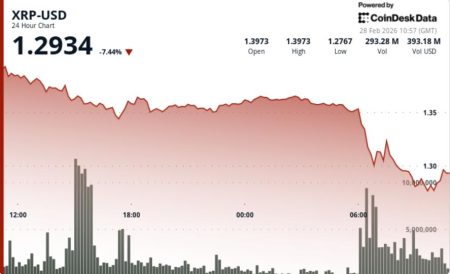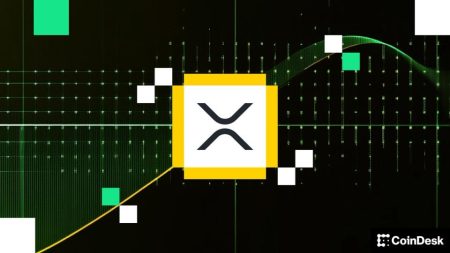Headline: Google’s Gemini 3 and TPUs Reset the AI Competitive Landscape
Key Takeaways
Introduction: After a rocky start with Bard, Google has staged a decisive comeback in artificial intelligence. The launch of Gemini 3, coupled with years of investment in custom Tensor Processing Units (TPUs), signals a strategic shift that could reshape AI model performance, infrastructure costs, and the balance of power among hyperscalers and chipmakers.
Google’s AI momentum accelerated with Veo 2 and a rapid cadence of Gemini releases, culminating in Gemini 3’s strong results across reasoning and logic benchmarks. Beyond model quality, Google’s advantage lies in its end-to-end ecosystem: search, YouTube, advertising, and cloud distribution give the company unique reach to commercialize AI products at scale. This combination of superior models and massive distribution is reinforcing confidence that Google can lead the next wave of AI-powered services.
Underpinning that push is silicon strategy. Since 2014, Google has developed TPUs to reduce dependence on third-party GPUs and improve efficiency for both training and inference. Gemini was trained entirely on Google’s own TPUs, highlighting a cost and performance path that challenges the economics of GPU-centric AI. The company’s new Ironwood TPU extends this roadmap, suggesting continued gains in throughput and efficiency that could compress margins for traditional GPU suppliers and influence how data centers deploy AI workloads.
Validation is emerging beyond Google’s walls. Reports indicate leading AI applications are adopting TPUs, and industry chatter suggests major smartphone platforms have evaluated — and in some cases favored — Gemini for on-device and cloud AI experiences. Investor sentiment has followed the technology narrative, with Google shares moving higher after recent AI announcements. If the trend continues, in-house AI chips and integrated stacks may define the next phase of competitive advantage in the AI race.
Key Points: – Gemini 3 debuts with strong benchmark results, particularly in reasoning and logic. – Google’s AI stack runs on proprietary TPUs; Gemini was trained entirely on Google silicon. – New Ironwood TPU underscores ongoing investment in high-efficiency AI infrastructure. – TPU economics challenge GPU-led models, potentially pressuring GPU vendor margins. – Google’s ecosystem — search, YouTube, ads, and cloud — accelerates AI commercialization. – Market reaction has been positive, reflecting confidence in Google’s AI strategy.







